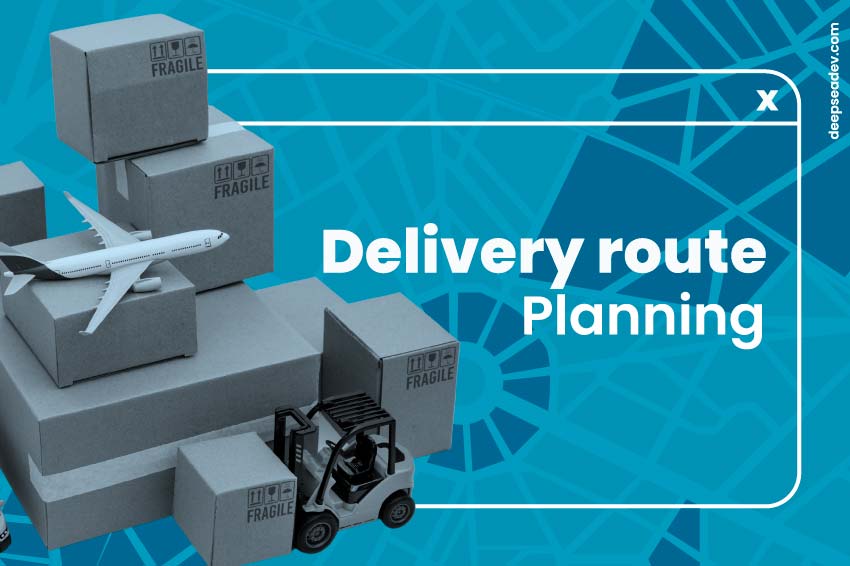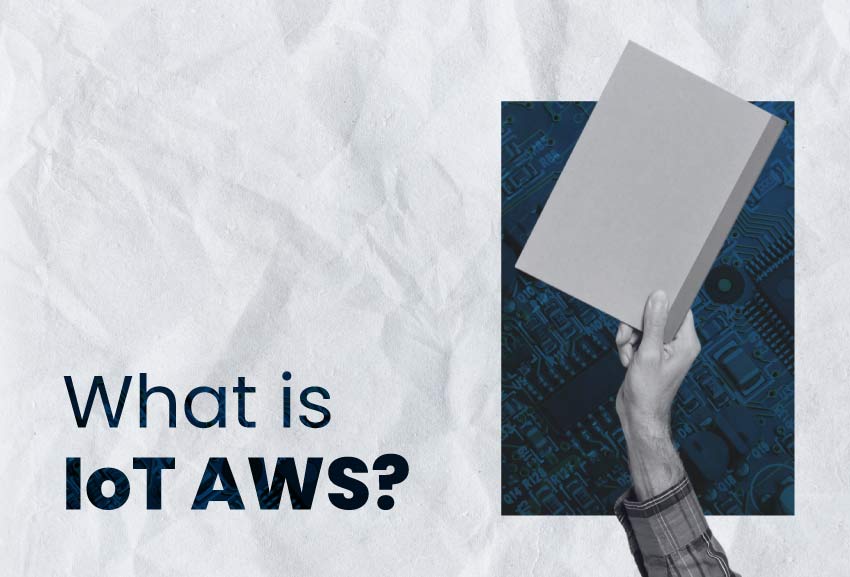In the world of IoT fleet management, logistics and delivery services, effective route planning plays a crucial role in optimizing operations and ensuring timely deliveries. With the advancements in technology, businesses now have access to various platforms and tools that assist them to plan delivery routes.
In this article, we will explore some free platforms that can aid in route planning, and also, we will discuss the importance of building a customized platform for fleet tracking.
Free platforms for delivery route planning
When it comes to planning delivery routes, businesses can leverage several free platforms that provide valuable features and functionalities. These platforms are designed to simplify the process and help businesses optimize their logistics operations. Let’s take a look at a few popular options:
Google Maps:

Google Maps is a widely used platform that offers robust route planning capabilities. It provides real-time traffic updates, turn-by-turn directions, and the ability to optimize routes based on multiple stops. With its intuitive interface and extensive coverage, Google Maps is an excellent choice for businesses of all sizes.
Pros: Extensive coverage, real-time traffic updates, optimized route planning, intuitive interface.
Cons: Limited customization options, occasional inaccuracies in data.
MapQuest:
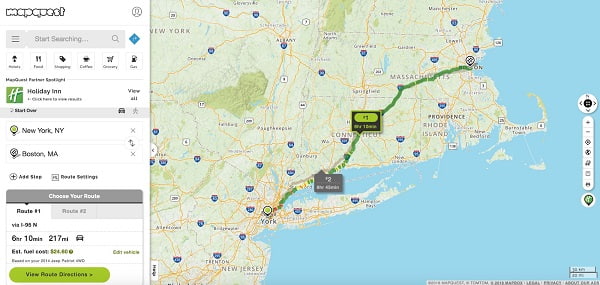
MapQuest is another popular platform that offers free route planning services. It allows users to input multiple addresses and optimize the order of stops. MapQuest also provides estimated travel times, distance calculations, and interactive maps for easy navigation.
Pros: Multi-stop route optimization, estimated travel times, interactive maps.
Cons: User interface may not be as user-friendly as other platforms.
RouteXL:
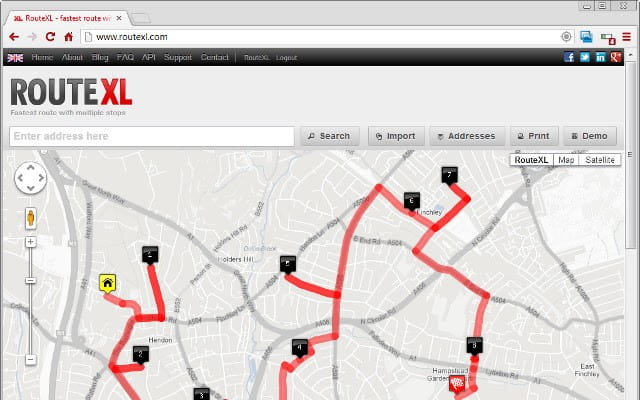
RouteXL is a dedicated route optimization platform that focuses on finding the most efficient routes for multiple stops. It considers factors such as distance, traffic, and time windows, allowing businesses to save time and fuel costs. While RouteXL offers a free version, they also provide subscription plans with additional features.
Pros: Dedicated route optimization, consideration of multiple factors, time window support.
Cons: Free version may have limitations, additional features require subscription.
Waze:
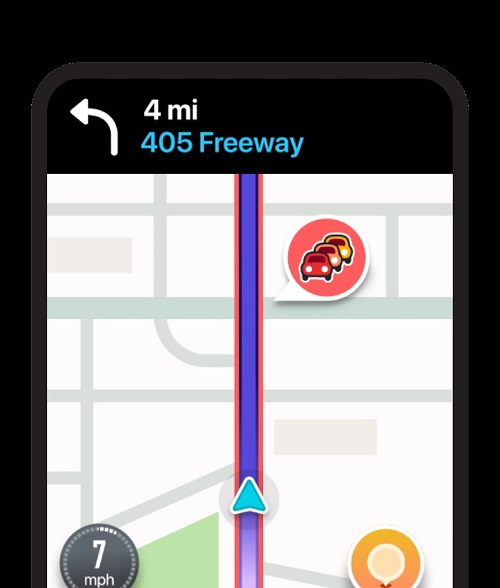
Waze is a community-based navigation app that offers real-time traffic updates and crowd-sourced information from its users. It provides turn-by-turn directions, alternative route suggestions, and alerts for accidents, hazards, and police presence. Waze’s strengths lie in its ability to provide up-to-date information about road conditions and its active community engagement. However, it may not be as suitable for businesses with complex delivery needs or multiple stops, as it focuses more on individual navigation.
Pros: Real-time traffic updates, community-sourced information, alternative route suggestions.
Cons: Less suitable for complex delivery needs, focus on individual navigation.
Apple Maps:
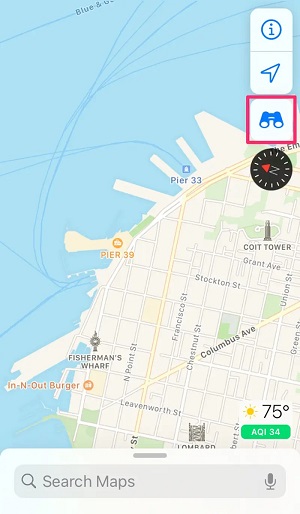
Apple Maps, available on iOS devices, offers built-in navigation and route planning capabilities. It provides turn-by-turn directions, traffic information, and integration with Siri for voice-guided instructions. Apple Maps is known for its sleek design and seamless integration with Apple’s ecosystem. However, its coverage and accuracy may vary in certain regions compared to other platforms.
Pros: Built-in navigation, voice-guided instructions, seamless integration with iOS devices.
Cons: Varying coverage and accuracy in certain regions.
Delivery route planning video with explanation
The value of customized software for route planning
While free platforms for delivery route planning can be incredibly helpful, businesses with larger fleets may benefit from building a customized platform for fleet tracking. Before we go deeper into the reasons for customizing this platform, we need to understand what it is capable of.
What is a delivery route planning platform?
A delivery route planning platform, or route planner is a software that allows companies to schedule different routes for delivering different products.
Also, a software for route planning allows logistics companies to track their fleet in real-time with the help of a fleet device, optimize routes, and make adjustments in the operations as needed.
Tailored Features:
A customized platform can be designed specifically to meet the unique needs of your business. It allows you to incorporate features that are essential for your fleet operations, such as real-time tracking, geofencing, performance analytics, and integration with other systems.
Scalability:
As your business grows, a customized platform can easily adapt and scale to accommodate the increasing demands of your fleet. You have the flexibility to add new features, integrate with third-party applications, and handle a higher volume of data.
Enhanced Data Security:
With a customized platform, you have greater control over data security and privacy. You can implement robust encryption protocols, access controls, and backup systems to safeguard sensitive information related to your fleet operations (see fleet management challenges).
Competitive Advantage:
Building a customized platform gives you a competitive edge in the market. It allows you to differentiate your services by offering unique features and a seamless user experience. This can attract more customers and lead to increased customer satisfaction and loyalty.
Better multiple stops planning:
Companies need to be careful with deliveries, since there may be delays in the normal route of fleets:
- Traffic issues
- Sudden malfunctioning of the vehicle
- Difficult access to certain areas of the city
If the company counts on a customized software for route planning, and with the help of an IoT tracking device, they can collect enough data to validate what obstacles and problems arise in the daily operations of the cars.
With such information, companies can make the necessary adjustments for improving the performance of their drivers, planning better routes according to historical data, and making predictions on what times of the day are the best for specific areas of the city.
As you could see in this article, while free platforms for planning delivery routes provide valuable assistance in route planning, businesses with larger fleets should consider the value of building customized software for route planning.
Customization offers tailored features, scalability, enhanced data security, and a competitive advantage in the market. Free platforms could be a good idea for small fleets or companies that are just starting, however, we will always recommend customized solutions. Since businesses can optimize their delivery routes and streamline their logistics operations for maximum efficiency and customer satisfaction. You also may need to check how to manage a fleet of trucks for better results.

